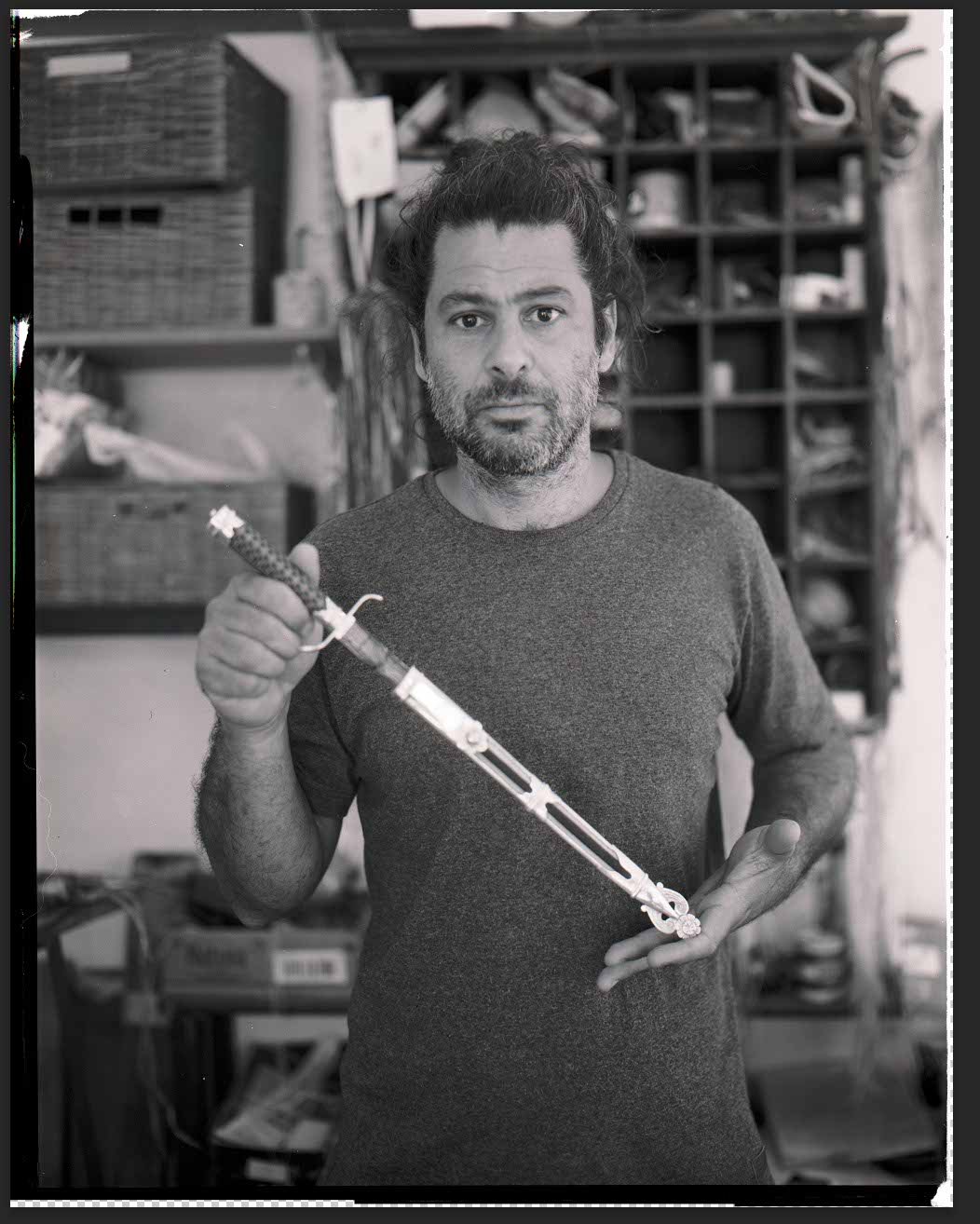Jerónimo Coll and Family
Innovative Leatherwork With Traditional Roots
Traditionally known as soguería, Argentine rawhide leatherwork extends back at least four centuries, originating in the region of the Río de la Plata. Its roots speak to the vital relationship between gauchos and their horses. Reins and other rigging were not only functional, but increasingly grew to feature intricate ornamentation. Over time, leatherworking techniques were expanded to other items including belts, wallets, and cutlery. A master of the tradition, Jerónimo Coll learned from his father, Máximo, a renowned craftsman. In addition to teaching his children, Jerónimo is perpetuating the tradition by teaching soguería classes at the National University at the Center of Argentina.
All work is done by hand. The main tool is a knife, which is used to prepare cow and horse rawhide, and is supplemented by awls and saddlery tools. Coll works with metalsmiths and woodworkers to complete complex pieces. Usually, the iconography of gaucho art is based on designs combining right angles and crosses of European origin; however, Coll and his father have innovated these designs by including personal and Indigenous pre-Columbian imagery. Coll notes, “I find exquisite combinations between my fabrics and the patterns of the forge, thus achieving a concept of harmony in this clash of different cultures, without losing the imprint of the original Creole format.”









